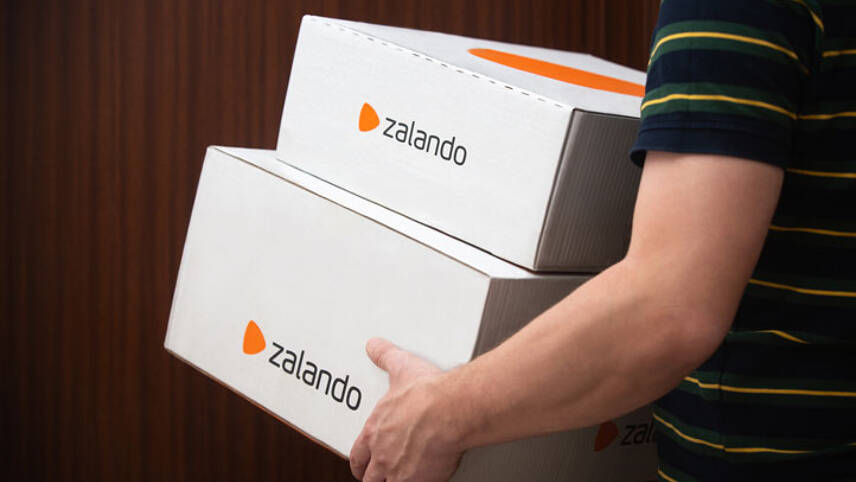Register for free and continue reading
Join our growing army of changemakers and get unlimited access to our premium content

The European Commission first started investigating the retailers’ claims, and those made by competitors, almost two years ago as part of its work to shape the Green Claims Directive.
This Directive is intended to stamp out greenwashing by blocking businesses from using environmental claims that are commonly misunderstood, as well as making claims without sufficient data to back them up.
EU lawmakers estimate that around three-quarters of products on the bloc’s market carry at least one environmental claim, but that around half of these claims are either unsubstantiated or likely to mislead.
The Commission recommended that Zalando remove sustainability-related icons that it had created itself and displayed next to products to communicate factors such as recycled content.
The retailer was also requested to stop using generic terms such as “sustainable”, instead providing clear numerical information.
Zalando has agreed to make these changes as part of a “mutual agreement” with the Commission, both organisations stated on Thursday (22 February).
Additionally, Zalando will expand its existing one-pager on sustainability, which at present covers the company’s strategies, into two pages. There will be an enhanced focus on product standards and making sense of claims and certifications.
The changes are due to take effect in April.
A Zalando spokesperson said the company supports a “standardized application of existing policies to ensure that no practices are used that could be misleading to customers”.
They added: “The outcome of our mutual agreement with the European Commission is a first step in providing clarity to the industry on what a compliant sustainability experience could look like.”
Zalando is not the only fashion brand to have changed its sustainability messaging over increased pressure to stop greenwashing.
Asos stopped labelling products as part of a “Responsible Edit” in spring 2022 amid the UK Competition and Markets Authority’s (CMA) investigation into greenwashing by fashion retailers. At the same time, the brand removed a website filter function allowing shoppers to only see “sustainable” clothes, shoes and accessories.
Also in 2022, the Netherlands’ Authority for Consumers and Markets (ACM) asked H&M and Decathlon to remove vague sustainability-related labels from their websites and product tags. This included H&M’s long-running and much-debated “Conscious Collection” labelling.
Related feature: Everything you need to know about the EU’s Green Claims Directive
Related feature: What is ‘greenstalling’?


Please login or Register to leave a comment.